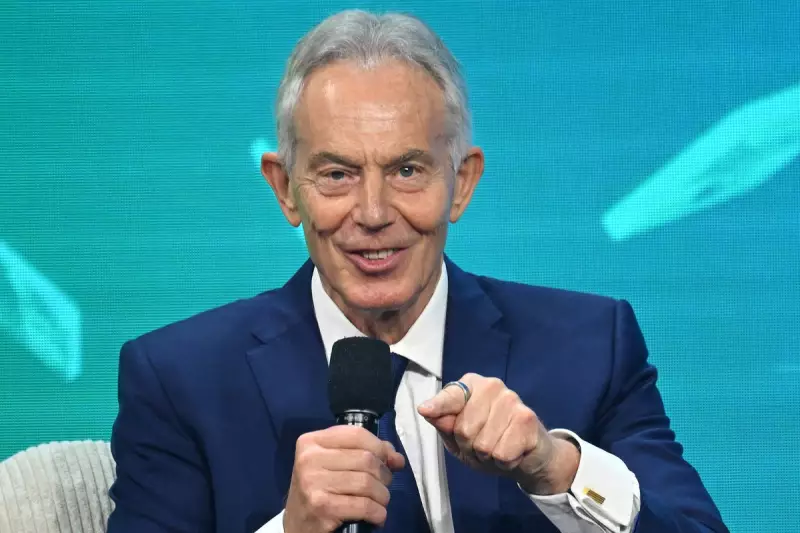
Fresh revelations have emerged about former Prime Minister Tony Blair's significant involvement in shaping Donald Trump's contentious Middle East peace proposal, raising serious questions about British political influence on international diplomacy.
The Secret Negotiations
According to documents obtained by The Independent, Blair played a crucial behind-the-scenes role in developing what became known as the "Trump Peace Plan" for Gaza and the wider Palestinian territories. The former Labour leader maintained regular contact with Trump administration officials throughout the planning stages, despite publicly positioning himself as a neutral mediator.
A Controversial Blueprint
The Trump administration's proposal, formally unveiled in January 2020, faced immediate condemnation from Palestinian leaders and human rights organisations. Critics argued the plan heavily favoured Israeli interests while offering Palestinians limited autonomy in disconnected territories.
Blair's involvement reportedly included:
- Advising on economic development proposals for Palestinian areas
- Suggesting modifications to territorial arrangements
- Providing insights from his experience as Middle East Quartet envoy
- Facilitating communication between various stakeholders
Political Fallout and Ethical Questions
The revelations have sparked controversy among political analysts and Middle East experts. Many question whether Blair's dual roles—as both peace envoy and Trump advisor—represented a conflict of interest, particularly given the plan's rejection by Palestinian authorities.
"This exposes the problematic nature of former leaders operating in unofficial diplomatic roles," commented Dr Sarah Elkins, Middle East analyst at Chatham House. "When there's no clear accountability, it undermines the credibility of peace processes."
Broader Implications for UK Foreign Policy
The disclosure comes at a sensitive time for UK-Middle East relations, with the current government attempting to position Britain as an honest broker in the region. Opposition MPs have called for greater transparency about former ministers' involvement in international negotiations.
As the documents continue to be analysed, they raise fundamental questions about how Britain should approach Middle East diplomacy and the appropriate boundaries for former prime ministers engaging in sensitive international affairs.






